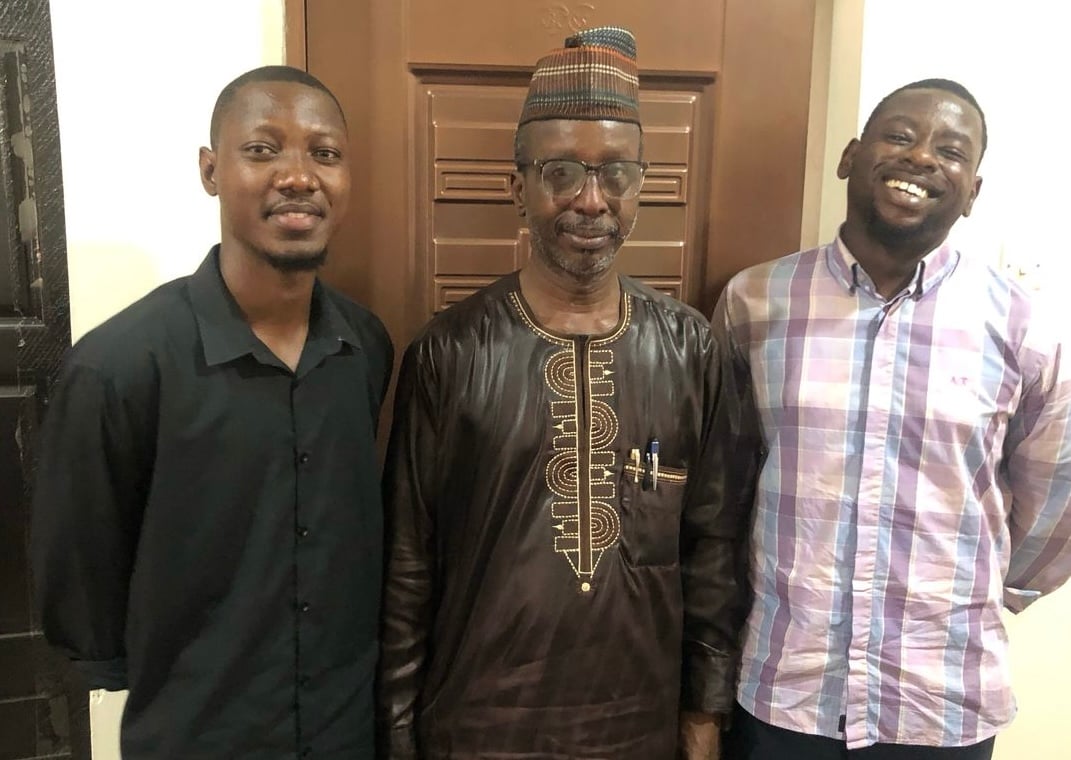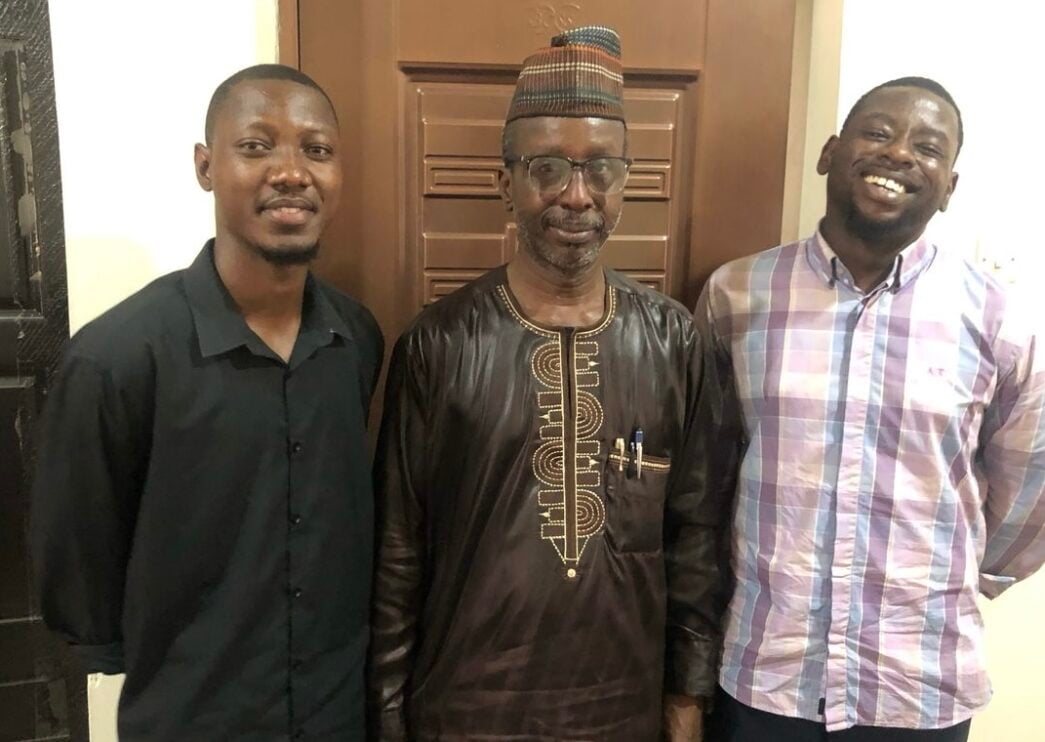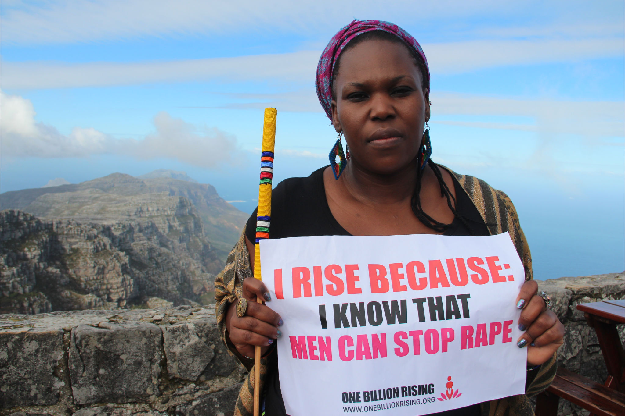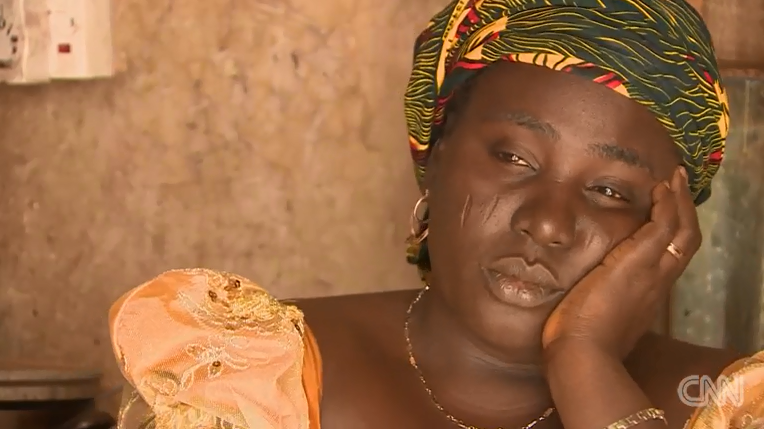L-R: Daniel Nnamani, managing editor, UNILAG Sun; Akinniyi Adediran Osuntoki, dean of basic medical sciences, University of Lagos; and Boluwatife Babawale, during an interview at Osuntoki’s office.
BY DANIEL NNAMANI
As nations continue to experience exponential population growth, the unending search for food security continues to take centre stage in the agricultural policy of governments across the world.
With a current world population estimate of about 8.2 billion, the world’s population is expected to continue growing over the coming 50 to 60 years, reaching a peak of around 10.3 billion people in the mid-2080s. To feed this number of people on earth, nations must look for innovative ways of making food available, affordable, and healthy for their teeming populations.
In this report, this author takes a deep dive into the controversy surrounding the adoption of genetically modified organisms (GMOs) in Nigeria.
Advertisement
To understand the context of this report, GMO (genetically modified organism) is an organism — plant, animal, or microorganism — whose DNA has been altered using scientific techniques to give it new traits. This modification is done to improve growth, resistance to pests or diseases, nutritional value, or shelf life.
Imagine a farmer who wants to grow tomatoes that resist pests and stay fresh longer. Instead of spraying lots of pesticides, scientists take a tiny piece of DNA from a bacterium that naturally fights pests and add it to the tomato’s DNA. Now, the tomato can protect itself without extra chemicals. This process of changing an organism’s DNA to give it new abilities is called genetic modification. The result is a genetically modified organism (GMO) — a plant, animal, or microbe that has been altered for better growth, nutrition, or resistance to diseases.
From the explanation of GMO provided above, you might wonder why there is a controversy around its adoption in Nigeria. But it is often said that whenever a new change emerges, people who do not understand it will always see it as a recipe for disaster, and this seems to be the case with GMO adoption in Nigeria.
Advertisement
On November 17, 2024, the house of representatives joint committee on agricultural production held a public hearing on the impact of GMOs on human health and the environment. According to a news report, GMO-Free Nigeria Alliance, comprising over 200 individuals and organizations — including farmers, civil society groups, scientists, nutritionists, legal practitioners, and medical experts, called on the national assembly to impose a total ban on genetically modified organisms (GMOs) in Nigeria, stating that it is hazardous to human health. The coalition also alleged that foreign agencies that are behind the push for GMO adoption in Nigeria are those funding insecurity in Northern Nigeria, leading to limited access to farmlands by farmers; hence, forcing Nigeria to adopt GMO as a shortcut to attaining food security.
The group further noted that GMOs had destroyed seeds and eroded small rural farmers’ ability to produce food in Southern Africa. They said that their effort is channeled towards unifying the anti-GMO fight across the continent in a broader effort to purge Africa of what they see as economic, chemical, and biological warfare designed to reenslave the continent through food.
In contrast, a small group of about five or six government-aligned organisations, led by the National Biotechnology Development Agency (NABDA) led by Rose Gidado, who also heads another NGO called Open Forum on Agricultural Biotechnology (OFAB) that is funded by the Bill & Melinda Gates Foundation to promote GMOs in Africa, supported the use of GMOs.
In response to the group’s request for a total ban, the house committee stated that the government would never intentionally introduce harmful substances to the people, noting that the forum was aimed to bring together experts to explore balanced solutions for food security.
Advertisement
In an exclusive interview with Akinniyi Adediran Osuntoki, a professor and dean of basic medical sciences at the University of Lagos (UNILAG), dispelled some of the myths and conspiracy theories around GMO adoption in Nigeria. Osuntoki stated that GMOs have been with us since time immemorial.
“Even in nature, you know genetic modifications occur naturally. Organisms mutate over time. We are all mutants — meaning that we all undergo genetic changes (mutations) over time,” he said.
“We are talking about genetically modified organisms. We are talking about transgenic. The only difference is that in genetic modification, people deliberately take a gene from one source and introduce it into another source.”
He further said that the increase in the growth of the human population and climate change has necessitated the introduction of GMO crops that can withstand climate change and also can increase farm yield. He noted that post-harvest losses are also responsible for the need for GMOs.
Advertisement
“That is where genetic modification comes in. Before genetic engineering, and modern genetic engineering, people have been making all kinds of things; they’ve been cross-breeding animals and cross-breeding plants. They’ll cut a board, do grafting, boarding, and all those things,” Osuntoki said. He described the fears of those who are against GMOs in Nigeria as “fear of the unknown”.
Osuntoki said that “what genetic engineering tries to do is to take desirable genes, genes for desirable properties, from what could be a strain of closely related species, and then introduce them so that you deliberately introduce a trait that is of interest to you. Essentially, they do this because of the commercial potential”.
Advertisement
“They (anti-GMO advocates) believe that everything should be left to fate, and they now say, ‘Why are you tampering with nature?’ Well, I’ll ask you, if a mosquito comes into your home, why are you spraying bagel? You’re tampering with nature. That’s chemical warfare against the mosquito. Why don’t you leave it to grow and eat? Because you’re part of the food chain for the mosquito,” the professor said.
“So there are various arguments that you could have about it. But suffice to say, genetically modified plants have now been around for quite a while, from the time Monsanto started the BT cutting and all those things. Many of the fears that were expressed have not come true. But from the point of view of safety, I think GMOs have been relatively safe because people have been consuming them for quite a while now.”
Advertisement
When asked if he would advise the government to adopt GMOs, he said that it is a “two-edged sword”. He added that if Nigeria were producing enough food, then there is no need to adopt GMOs, but if adopting GMOs would help the country attain food security, then it is a good step in the right direction. He, however, warned that GMOs should not be used as a substitute to addressing the security challenges that are hindering access to farmlands in Nigeria.
“We have challenges with food accessibility. We import quite a lot of things. So, if deployed, genetically modified, let’s say crops, for example, which have been grown elsewhere and have not been found to have negative consequences, then why would you say those should not be deployed there if they will thrive here and solve some of those problems?“ he asked.
Advertisement
He also noted that the controversy surrounding the adoption of GMOs in Nigeria can be attributed to the inability of the media to carry out proper education on GMOs. He called for interdisciplinary measures as a way of bridging the gap in science reporting.
“Nothing stops a biochemist, for instance, from going to the Nigerian Institute of Journalism (NIJ) to learn the basis of journalism. He might not become an editor or a reporter, but he can serve as a sub-editor who will proofread science stories to explain complex terms to ensure proper understanding of the concepts.”
While countries like the US, Brazil, Argentina, China, and many other countries in the West have embraced GMO crops, countries like Russia, Serbia, Turkey, Norway, and Switzerland have enforced a total ban on GMOs.
“For Nigeria, the decision to adopt GMOs should be based on a cost-benefit analysis and not taken in a blanket,” Osuntoki advised.








